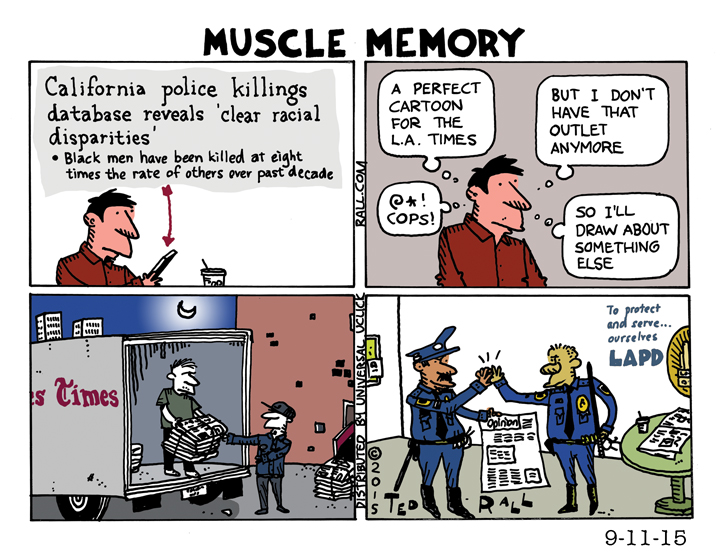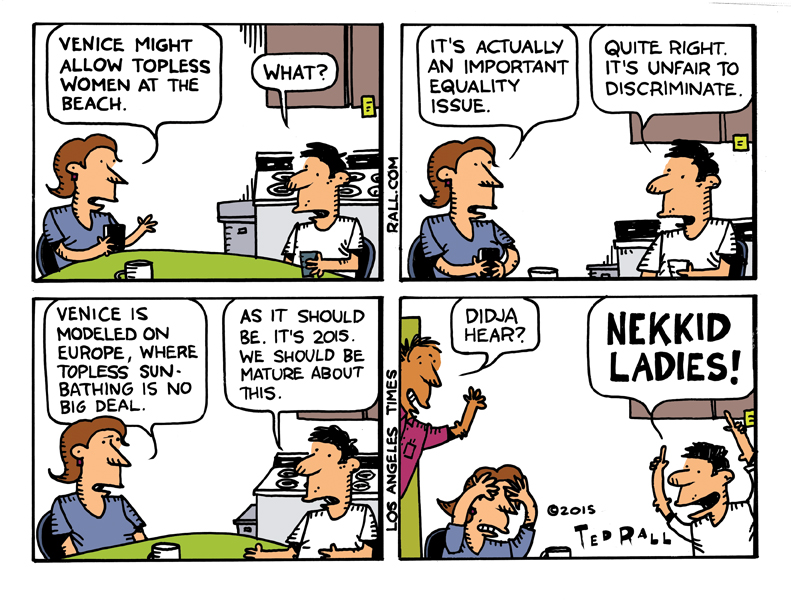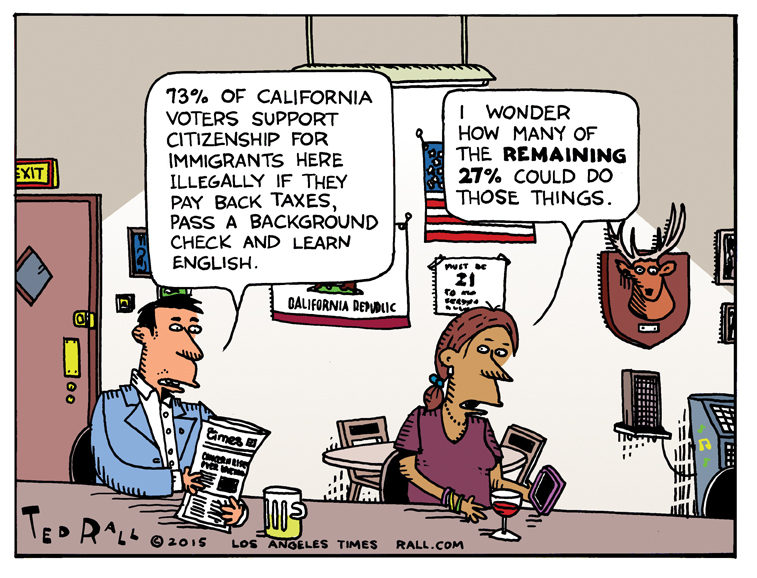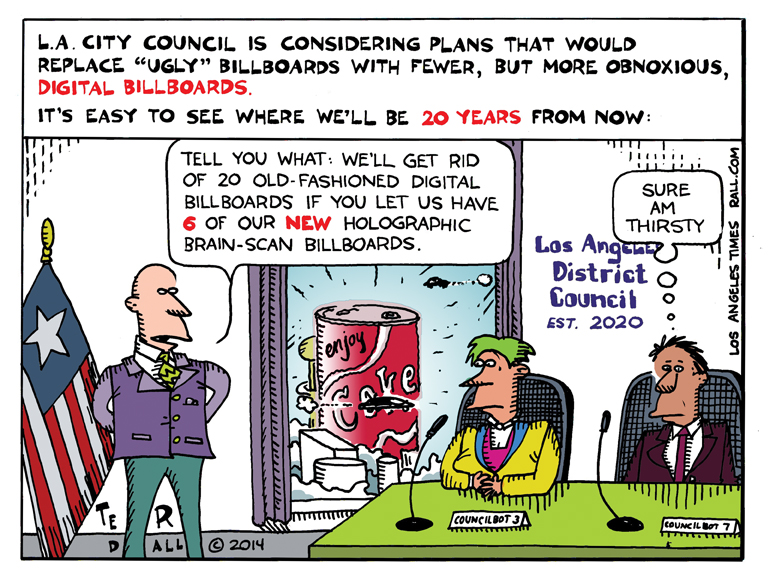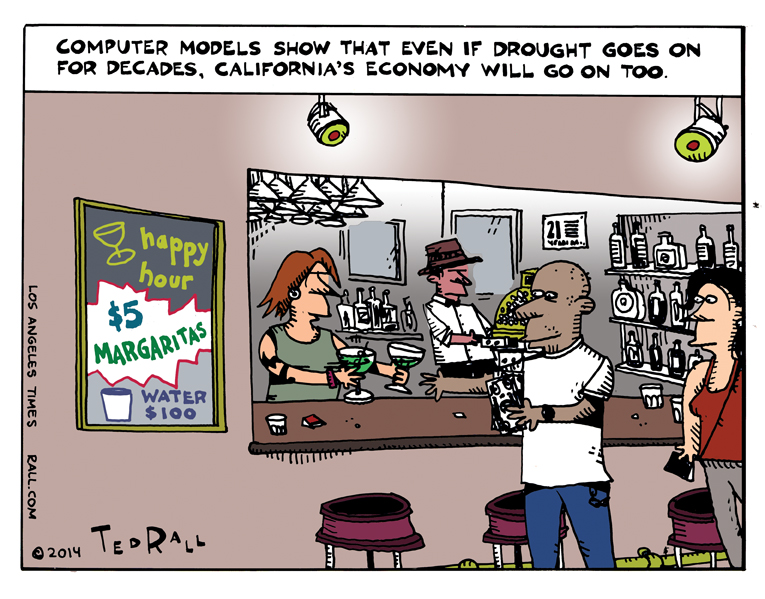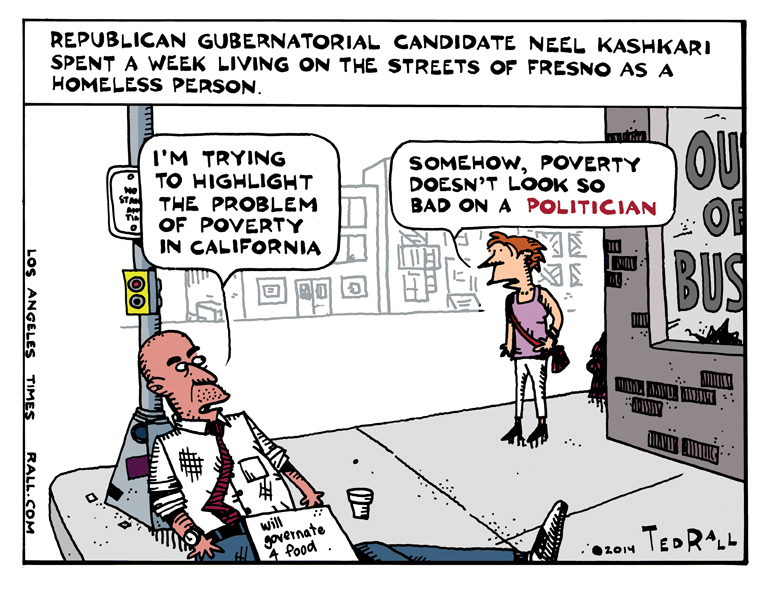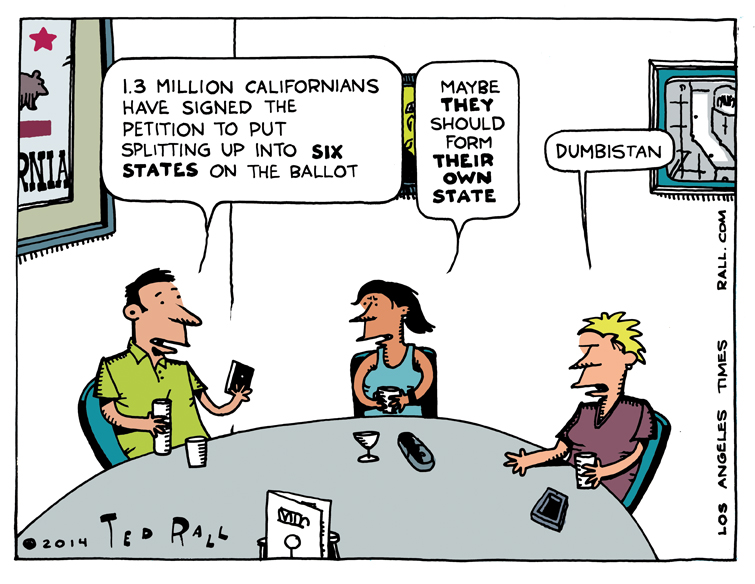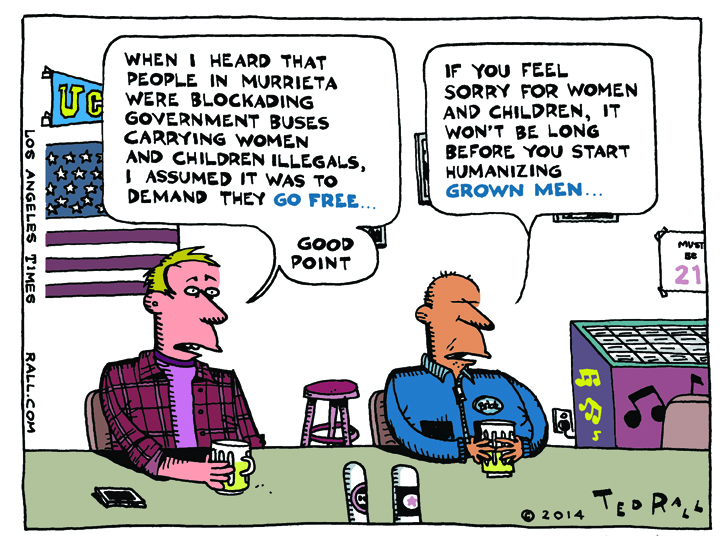
“It’s a sadly familiar sight in courthouses around the country: A deep-pocketed corporation, developer or government official files a lawsuit whose real purpose is to silence a critic, punish a whistleblower or win a commercial dispute.”
Sounds awful, right?
Fortunately, according to The Los Angeles Times editorial board, “That’s why California enacted a law in 1992 to give people a preemptive legal strike against frivolous lawsuits that seek to muzzle them on public issues.” According to the Digital Media Law Project, 28 states, D.C., and one U.S. territory have enacted these so-called “anti-SLAPP statutes.” (SLAPP stands for “strategic lawsuit against public participation.” A classic example was when the cattle industry sued Oprah for dissing beef.)
At first glance, anti-SLAPP seems like a good solution to a serious problem.
In theory.
In the real world, however, well-meaning legislators have created a monster. In the hands of clever corporate lawyers, anti-SLAPP laws have become a loophole to libel laws and a catchall defense for disgusting behavior. What started as a good idea has become a menace to free speech, the ability to protect one’s reputation, and the right to redress in a court of law.
As I’ve discovered personally over the last year, California’s anti-SLAPP statute is at least as likely to be used by “a deep-pocketed corporation” against a “critic” as the way the legislature originally intended, which is to say the other way around.
In July 2015 The Los Angeles Times — yes, the same paper that published the above editorial — fired me as its staff editorial cartoonist. It has since come out that they did so as a favor to Charlie Beck, the $297,000-a-year chief of the Los Angeles Police Department. Beck’s feelings were hurt because of the cartoons that I drew about him.
The cops weren’t satisfied with merely having me fired. They wanted me destroyed. So the Times also published a pair of articles that falsely portrayed me as a liar and a fabulist — death to a journalist’s reputation.
So I sued the Times for wrongful termination, blacklisting, retaliation and defamation, as well as other claims.
Initially I had trouble finding a lawyer willing to represent me on the defamation claim. California’s anti-SLAPP statute, attorneys told me, have gutted the practice of defamation law in the Golden State. Fortunately for me, as several of the state’s leading experts on defamation law told me, Times management’s behavior was so outrageous, reprehensible and ongoing that I stood a better chance of getting over the anti-SLAPP hurdle than most plaintiffs.
As most of the attorneys I consulted had predicted, one of the first things that the Times did was file an anti-SLAPP motion against me. So much for anti-SLAPP being used against “a deep-pocketed corporation…whose real purpose is to silence a critic.” The Times is owned by Tronc (formerly Tribune Publishing), a $499 million mega-corporation. The Times paid me $300 a week.
Until that pretrial anti-SLAPP motion is decided, I can’t engage in “discovery,” the process of gathering information through subpoenas and depositions essential to forming a case. As Vikram David Amar writes, “oftentimes a plaintiff who may have a valid claim will not be able to prevail because s/he will not have had enough of an opportunity to gather the evidence (through legal discovery devices like depositions and document requests) needed to prove the case.”
Because of anti-SLAPP, I must convince a judge that I am likely to prevail at an eventual trial — before the first juror has been chosen or any evidence has been discovered.
If the judge decides that I will probably lose my case, I will have to pay all of the Times’ legal fees. According to papers that the defendants filed, they expect that to amount to hundreds of thousands of dollars. The case would be dismissed. I would go bankrupt.
Even if I convince the judge that I’ll win, my tormentors at the Times then get a second shot at destroying my financial well-being: they can go to the Court of Appeals. By that time, of course, their legal bills will be even higher. And it’s not much of a stretch to imagine that those fees will be highly padded. Many judges take defendants at their word when it comes to the validity of legal invoices.
We’re not done.
I live in New York. As an out-of-state plaintiff, California Code 1030 provides a defendant the right to move that I be required to post a bond in order to guarantee the payment of the Times’ attorney fees should they prevail on their anti-SLAPP motion. “The Times will defend itself vigorously against Mr. Rall’s claims,” a Times spokesperson said when I sued. They sure are. They filed a motion asking the judge to require me to post a whopping $300,000 bond.
The judge knocked it down to $75,000. Unlike criminal bonds that can be purchased for 10%, however, this civil bond must be 100% collateralized. In other words, I have to come up with $75,000 in “pay to play” money by Thursday, August 18, or my case will automatically be dismissed.
And you thought this was a free country.
Happily, there are signs that anti-SLAPP madness is finally coming to an end. Setting an important precedent, Justice Vance Raye of the Third District Court of Appeal in Sacramento denied an anti-SLAPP motion filed by UC Davis against a former employee who claims she was fired for whistleblowing.
“The cure [anti-SLAPP] has become the disease,” wrote Raye. UC’s argument was “ at odds with the purpose of the anti-SLAPP law, which was designed to ferret out meritless lawsuits intended to quell the free exercise of First Amendment rights, not to burden victims of discrimination and retaliation with an earlier and heavier burden of proof than other civil litigants and dissuade the exercise of their right to petition for fear of an onerous attorney fee award.”
Raye’s ruling is a good start. But what’s needed is for the 28 state legislatures in anti-SLAPP states to reform the law.
If you like to read more about the case and/or contribute to my fundraiser – I am not going down without a fight – please click here or go directly to http://gofundme.com/tedrall
(Ted Rall is the author of the graphic biography “Trump: A Graphic Biography.”)


